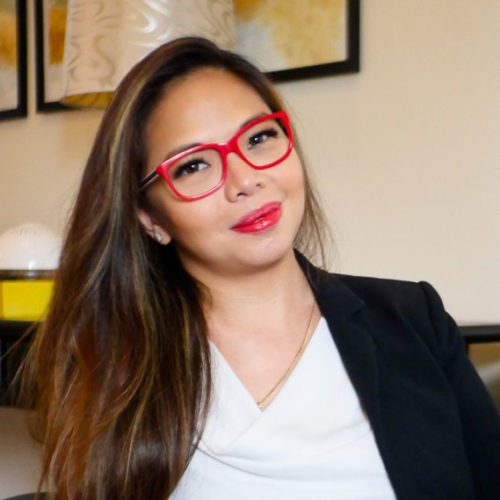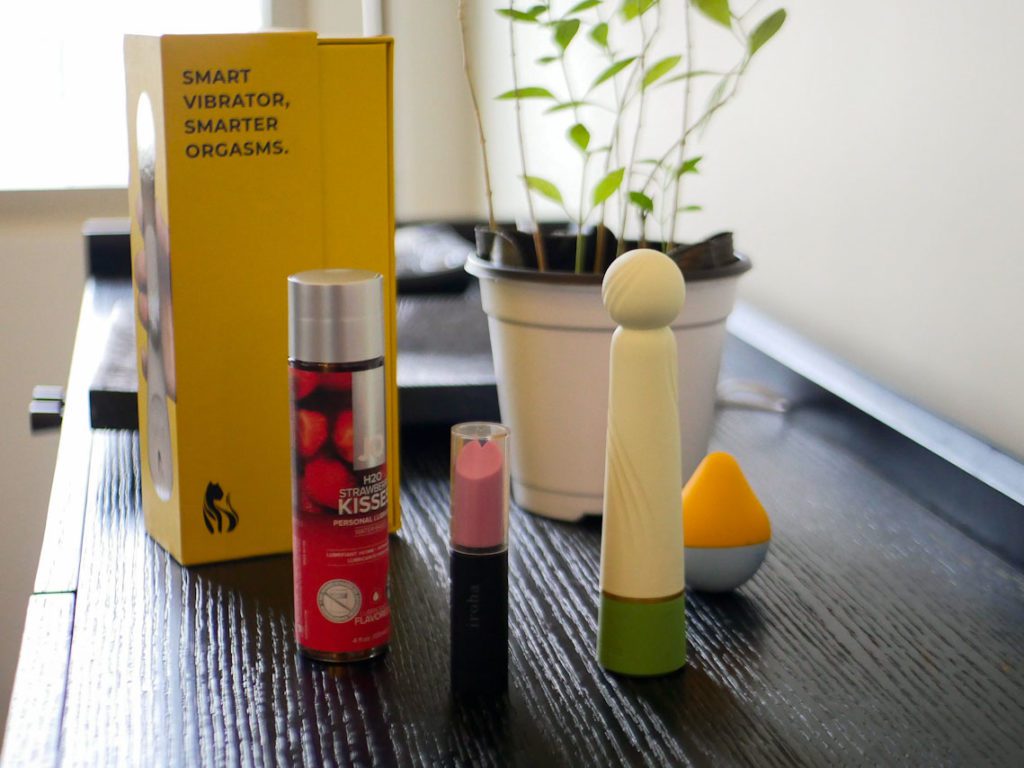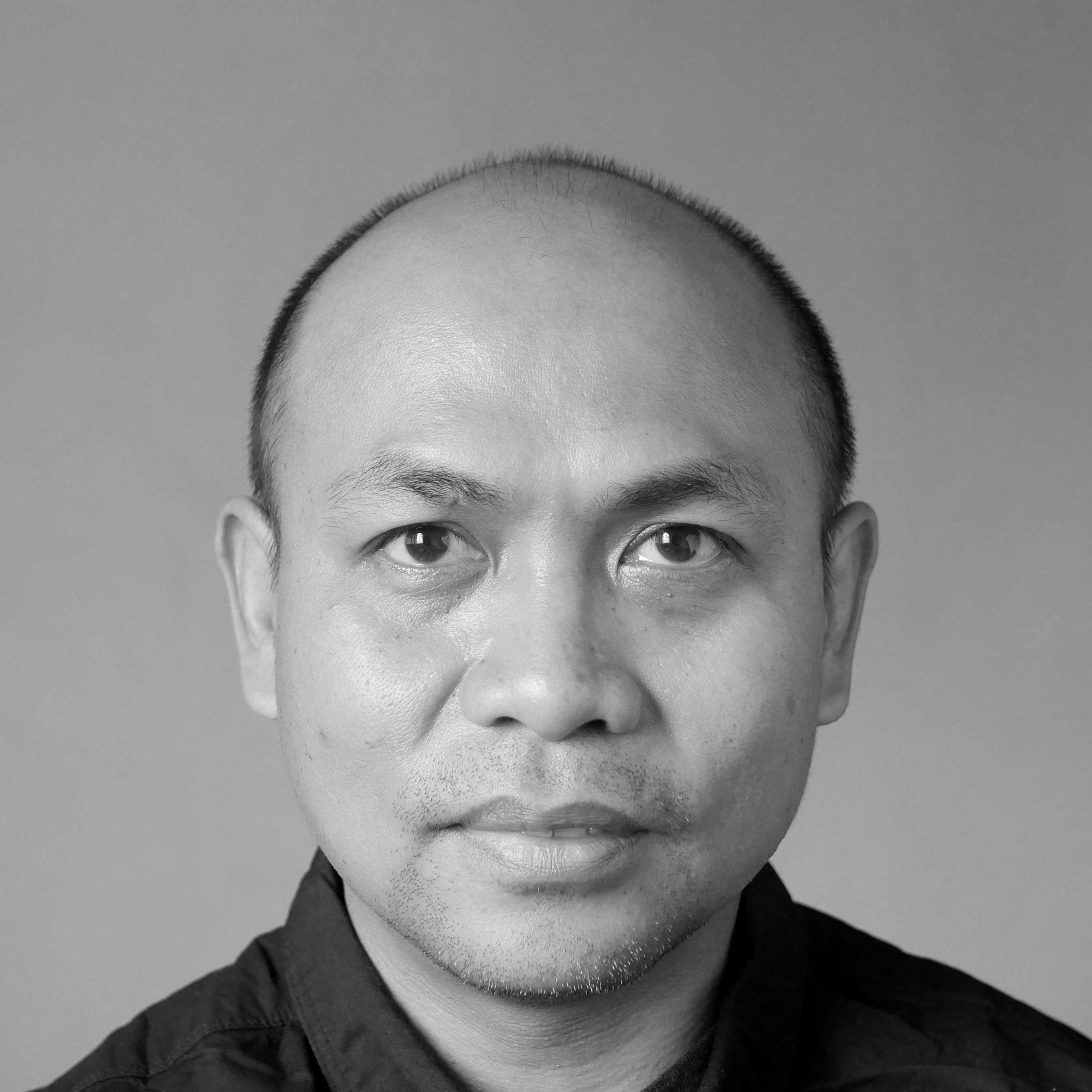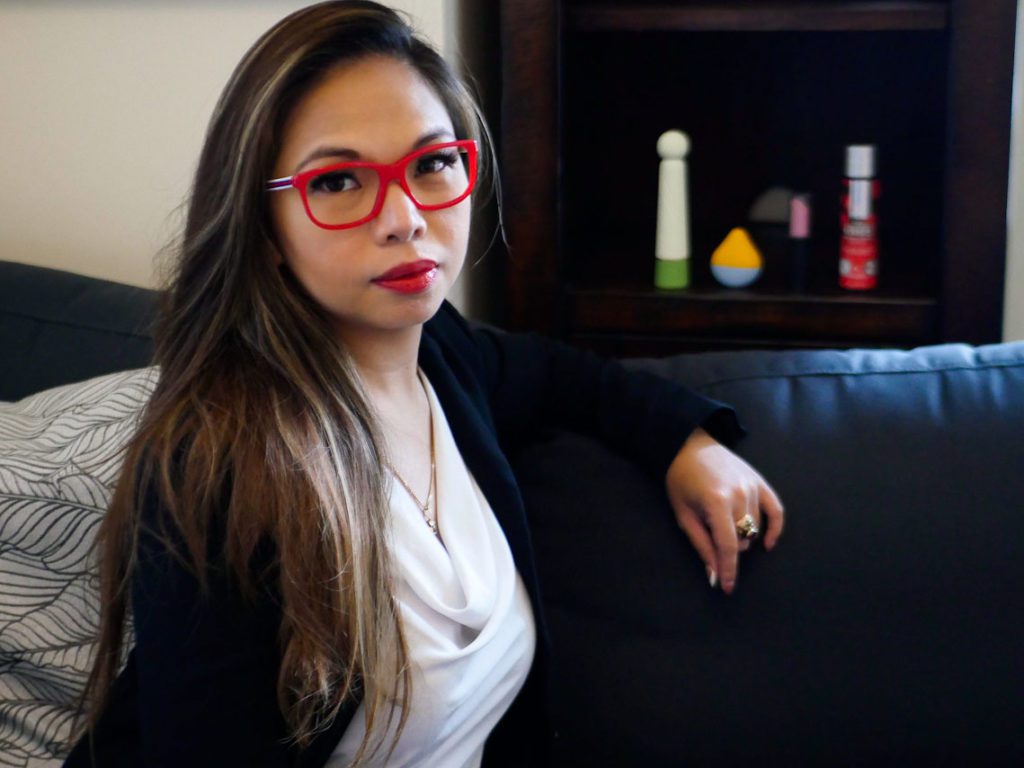Filipino doctor advocates sex positivity among women with her own sex store
Many challenges exist for women, deeply rooted in societal expectations about our sexuality. People judge women for being unwed, a childless wife, having children out of wedlock, being sexually inexperienced, being old, and choosing to pursue sexual pleasure. These limitations hamper our ability to be our best selves at work, home, and in our relationships.
- 2 years ago
October 6, 2022

PASIG CITY, Philippines — I took a class during my sexology studies which became a pivotal moment for me. The entire class watched women masturbating. We had to remain in tune with what we felt in our bodies as we watched.
It felt like a sex party where you could join in. We were to watch and learn more about sexual selves. I may have less uncomfortable if my seatmate had not been a tall, handsome, white man!
I had to manage my feelings of arousal the entire time. In such a quiet environment, we intently listened to the scene in front of us while remaining attentive to ourselves. The entire experience proved incredibly unique.
Sexologist launches Unprude to spread sex positivity
I recognize the path to sex positivity may not be comfortable for most people. The topic can feel too loud, too soon, or too “out there” for many women. Even I feel that way at times.
This may make us wonder if something is wrong with us. Sex positivity can feel like a push, pressuring us to be open and proud about sex. We may feel like it urges us to see sex in a very specific way. If we do not feel that way, does it imply we are not sex positive or a prude? These constitute normal thoughts about sex.
Telling people what kind of relationship they should have with their bodies can lead to shame if they disagree. This approach can be similar to teaching people sex is “bad.”
What’s more, when you come across different messages about sex, without being taught about it growing up, it can feel like too much. Not only do you feel pressured to be someone you are not, but you may also become flooded with information about what sex should be. It can feel overwhelming.
This led me to start Unprude.
Unprude lets women embrace their sexual selves
Unprude redefines the modern sex store and guides you through a stage-sensitive shopping experience. It helps you identify your specific sexual stage through guided self-discovery and expert-curated products. The Unprude experience derives from research on sexual identity, pleasure, and relationships. It allows you to be at peace with who you are and what you desire at every stage of your sexual journey.

In Unprude, women can freely and openly explore their sexual selves. It has become a place where women can experiment with sex in ways unique to them! It aims to help women discover their sexual selves at their own pace. This ensures they get to navigate the process comfortably, without feeling pressured to be someone they are not.
As I always say, the entire point of sex positivity is to avoid feelings of shame when discussing our sexual selves, irrespective of whether a person identifies as conservative or progressive; whether they have experience or none at all.. It allows us enjoy both our sexual explorations and our boundaries. We get to revel in our eccentricities and root for others in all their individuality. We get to be ourselves while respecting others for who they are. This is what it means to be Unprude.
The need for sex education starts at home
I have worked in sex positivity for more than 10 years. In just the past couple years people really started listening.
A pivotal moment came when I began receiving invitations to appear on shows on different media networks, allowing me to talk about sex. Today, I have my own TV show where I can say anything. People message me to tell me how much they learn from it. Having a billboard on sexual health with my face on it proves powerful in such a conservative, Catholic country. I take pride in that.
I emphasize the importance of sex education and how it must start at home. As parents, we must advocate for accurate sex education for our children rather than shunning it. By the age of three or four, children begin to ask questions about sex. We, as parents, should learn how to answer them correctly rather than making up stories about storks and packages.
We should be willing to talk to our kids about their bodies, including their penises, vulvas, differences with other kids, crushes, and so on. Young people, regardless of gender, need to learn concepts like respecting boundaries, seeking permission before touching, and knowing who to turn to if they feel uncomfortable. These lessons need to be taught through effective age and developmentally appropriate ways, starting at home.
Urging women to take control, and break free of societal pressures
Another cause I feel very passionate about includes helping society see sex as healthy. In fact, we should celebrate it. The ability to openly discuss and positively express our sexuality remains the essence of sexual health. As women, we must recognize a woman’s sexuality fundamentally affects how she lives her daily life. We should have complete control over our bodies and express our femininity on our own terms.
However, many challenges exist for women, deeply rooted in societal expectations about our sexuality. People judge women for being unwed, a childless wife, having children out of wedlock, being sexually inexperienced, being old, and choosing to pursue sexual pleasure. These limitations hamper our ability to be our best selves at work, home, and in our relationships.
As a result, we must take control. I believe it starts with taking ownership of our sexual selves and embracing the complexities of womanhood. This allows us to shed new light on personal and societal issues.
For example, looking at women’s empowerment through sexuality offers a more realistic and complete picture of a woman. It portrays her neither simply as a victim nor a liberated woman, but a woman with a complex and dynamic life. A woman’s well-being remains contingent on making choices about her body, pleasure, and sexuality. These women challenge and go outside the confines of societal pressures and expectations. You see a woman without a simple label like virgin, girlfriend, mother, wife, or slut. You see a woman in her entirety.
By starting now, we can teach the next generation to accept prioritizing their sexual health and pleasure. They can grow up being in charge of their sexualities. As a result, we can raise generations of women who feel proud, responsible, educated, and, most importantly, unashamed of their sexual selves and who they are.












































































































































































































